In today's demanding business world, time is not merely a resource but the backbone of success. Effective time management is an absolute must for any thriving organization. Amidst many strategies and technology, one practice is a cornerstone for success: Weekly Planning!
Weekly Planning is more than just becoming a taskmaster—it is about aligning time with things that matter most to us, as highlighted by our goals.
 In this article:
In this article:
- We delve into the pivotal role of weekly planning in the business arena.
- By exploring this critical skill, we uncover its profound impact on achieving business objectives and boosting employee engagement.
Weekly planning holds immense power, turning objectives and key performance indicators into tangible results. By practicing weekly planning, you can guide and inspire people to achieve individual and organizational excellence.
The Essence of Weekly Planning as a Business Skill
Weekly planning is not only a fundamental business skill for individuals; it also serves as the framework for organizations to align weekly activities with corporate strategy. It is a systematic approach to creating an action-oriented culture that transforms being busy into getting business done. Drawing on the wisdom of Franklin Covey, we recognize that effective time management is less about filling every slot in your schedule and more about ensuring that your priorities are etched into your weekly blueprint to move the company toward achieving what matters most.
Stephen Covey's The 7 Habits of Highly Effective People is an excellent method for successful weekly planning. Covey's method involves three steps:
- Connect with your highest priorities (Mission, Values, Roles, and Goals).
- Schedule the big rocks (Most Important Goals) (the 1 or 2 key activities that will help you move your goals forward this week).
- Organize the Rest - plan the other tasks, appointments, projects, and activities you should accomplish in the next 5-7 days.
Weekly planning is the thread that weaves diverse organizational tasks into a coherent strategy, enabling leaders and teams to focus their energies where it counts. It is about making informed decisions on what tasks propel us toward our collective objectives, which tasks are a part of our role responsibility, and being able to prioritize with importance and urgency in mind. It instigates a rhythm of efficiency and purpose throughout the organization.
Achieving Business Goals through Weekly Planning
Organizations can maintain a steady pace toward achievement by breaking down sizable annual targets into manageable weekly tasks. This systematic approach to goal setting transforms the abstract into the attainable, ensuring each team member is aware of the "what" they are pursuing and "how" they will pursue objectives through an action plan.
Thought leaders in business strategy, like Jim Collins and Stephen Covey, have long espoused the virtues of regular planning. Covey famously said in his bestselling business book The 7 Habits of Highly Effective People, "The key is not to prioritize what's on your schedule, but to schedule your priorities." This encapsulates the essence of weekly planning in business—prioritizing and executing tasks that align directly with core business goals, ensuring each week contributes a chapter to the organization's success story.
Enhancing Employee Engagement with Weekly Planning
Embracing the power of weekly planning can positively impact employee engagement. When employees pursue well-defined weekly objectives, they are not just clocking in hours but embarking on a journey with a clear destination. This directed effort does more than move projects forward; it fosters a sense of ownership, connection, and purpose.
A recent article from Forbes confirms this connection, revealing that employees who actively engage in weekly planning report higher levels of job satisfaction, are more invested in their work, and display elevated productivity. When employees plan weekly toward goals, they contribute to the organization's strategy; they connect, innovate, and thrive in their work roles.
Practical Tips for Implementing Effective Weekly Planning
Review Your Goals: Start the week by reviewing your long-term goals. Check in and update your progress. Note any need for direction, support, or coaching to help you make progress on your goals. This will guide you to what you should focus on in the week ahead.
Prioritize Tasks: Identify the tasks that will have the most significant impact on your goals.
Allocate Time Blocks: Designate specific time blocks for high-priority tasks in your calendar. This technique, often called time blocking, can enhance focus and productivity.
Choose Your Tools: Select planning tools that suit your style, whether digital apps like Microsoft Outlook Tasks, the Reminders App on your smartphone, or goal-setting software like Inspire Software, which has a planning platform aligned with goals and performance management. Ensure your software is integrated with other work environments like Microsoft Calendar or Google Calendar to build plans into your workflow.
Cultivate Coaching Sessions: Whether it is with a performance coach, mentor, or a manager you report to, make sure you have regular conversations with someone that you can discuss essential tasks with and give you the direction or support you need when pursuing your goals.
Reflect and Adjust: At the end of each week, reflect on what was accomplished and what was not, and understand why. Use these insights to adjust your planning process for the following week.
With these practical tips, you are on your way to turning your weekly planning into a powerful engine for progress and achievement.
Take Action on Building a Culture of Weekly Planning
In the quest to turn goals into achievements, weekly planning remains one of the most influential business skills in a 21st-century workforce. By learning the practice of weekly planning, businesses are more innovative in executing their strategy, and employee passion for their work increases. We invite you to experience a demonstration of how we have created a cutting-edge performance platform at Inspire Software that embeds weekly planning into the performance flow and fosters employee engagement all in one integrated solution.
Learn more about the Inspire approach at inspiresoftware.com.

